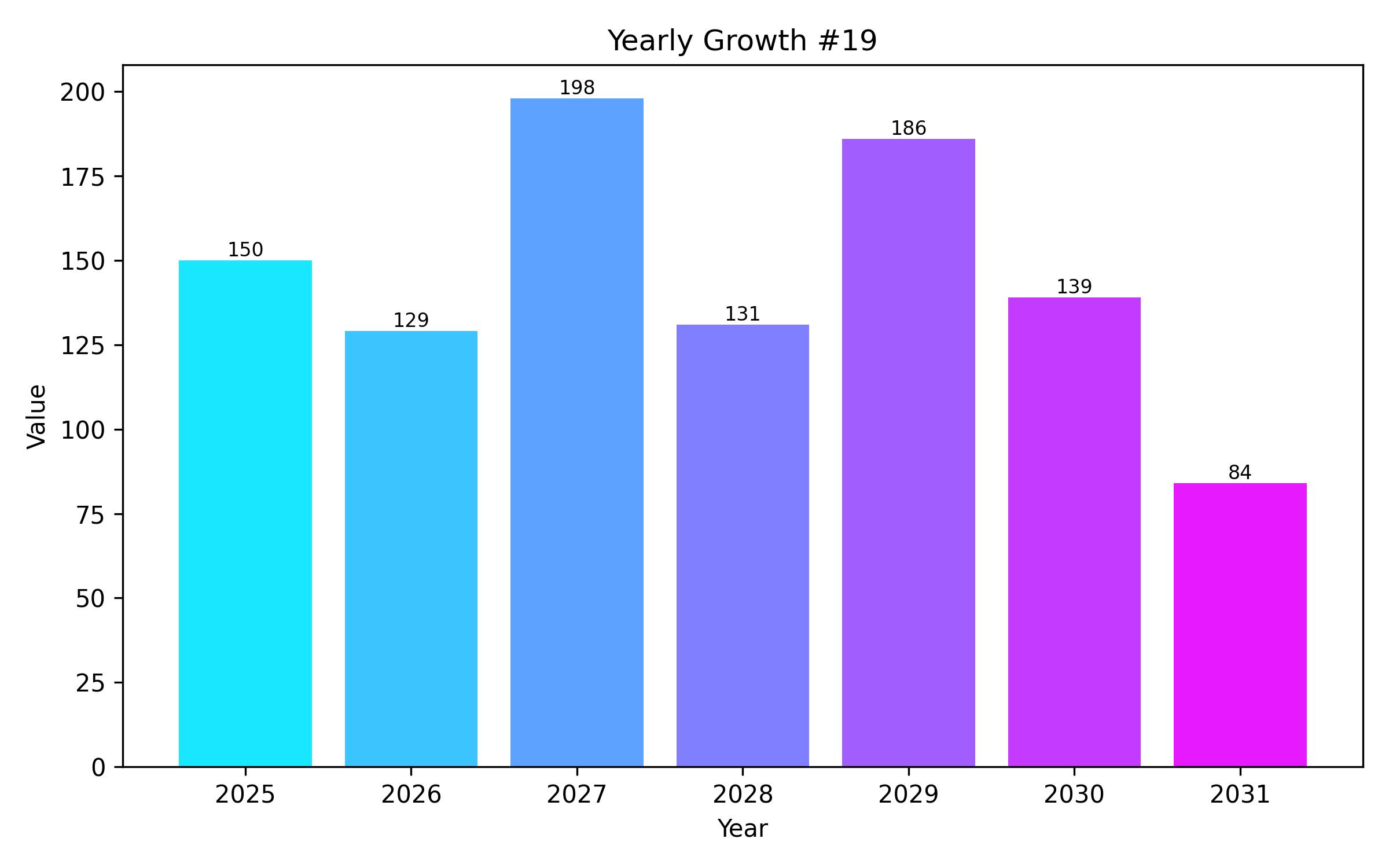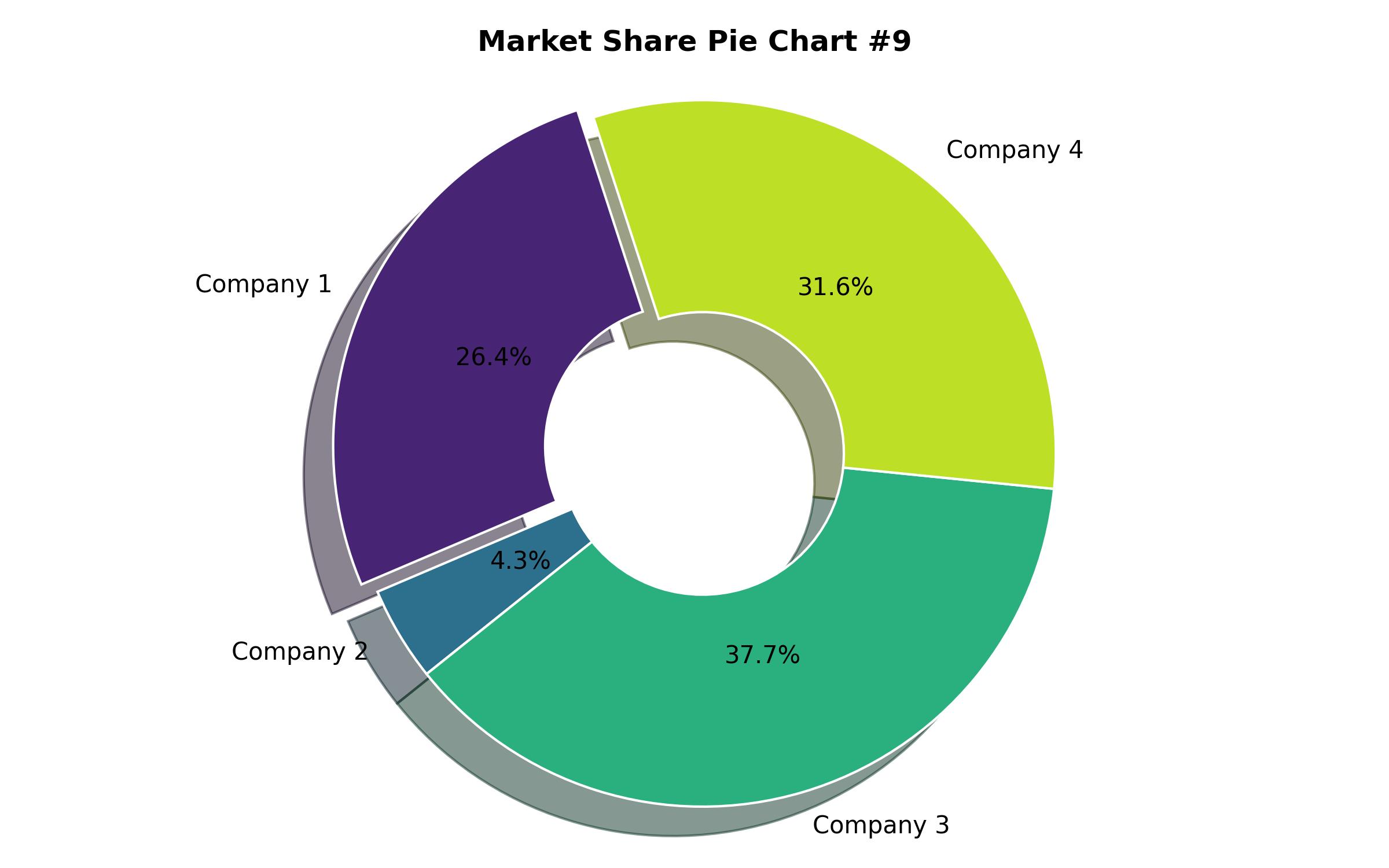Japan Shrimp Industry Analysis by Variety, Origin, State, Sales Channel, Purpose, and Region to 2035
Overview:
The value of the Japan shrimp industry is estimated to reach USD 5.5 billion in 2025. The sector is expected to grow at a compound annual growth rate (CAGR) of 7.4% between 2025 and 2035, reaching USD 10.8 billion by the end of the forecast period. This expansion is largely driven by increasing consumer interest in healthy seafood, changing dietary habits, and ongoing innovations within the aquaculture and processing sectors.
A significant factor contributing to market growth is the rising popularity of product due to its high protein and low-fat content, aligning with the preferences of health-conscious individuals. A growing awareness of seafood’s nutritional benefits, including essential omega-3 fatty acids, makes this appealing, particularly among younger demographics and those pursuing healthier lifestyles.
Japan’s extensive culinary traditions prominently feature seafood. Product serves as a highly versatile ingredient used in both traditional and contemporary Japanese dishes such as sushi, tempura, and sashimi.
This has created consistent demand, both domestically and for export markets, as global appreciation for Japanese cuisine fuels interest in authentic seafood ingredients.
Furthermore, the growth of Japan’s foodservice sector, encompassing sushi establishments, seafood restaurants, and prepared food manufacturers, necessitates a reliable and constant supply of product to meet consumer demand.
These factors collectively support a substantial industry for both unprocessed and processed product. There is also a rising trend toward convenient and pre-prepared meals, which further boosts demand for product-based offerings in Japan.
Breakthroughs in farming techniques and aquaculture practices have been crucial in allowing Japan to satisfy the increasing demand. More efficient cultivation methods have improved sustainability and cost-effectiveness while reducing environmental impact.
As the industry continues to adapt to evolving consumer preferences and implement innovative methods, the performance is expected to remain robust over the coming years.

| Report Attribute | Details |
|---|---|
| Industry Size in 2025 | USD 5.5 billion |
| Industry Value Forecast for 2035 | USD 10.8 billion |
| Growth Rate (CAGR) | 7.4% from 2025 to 2035 |
| Base Year for Estimation | 2024 |
| Historical Data | 2018 – 2023 |
| Forecast Period | 2025 – 2035 |
| Quantitative Units | Revenue in USD million/billion and CAGR from 2025 to 2035 |
| Report Coverage | Revenue forecast, company market share, competitive landscape, growth factors, and trends |
| Covered Segments | Species, Source, Form, Sales Channel, Application, and Region |
| Regional Scope | Hokkaido, Tohoku, Kanto, Chubu, Kansai, Chugoku, Shikoku, Kyushu |
| Key Companies Analyzed | Maruha Nichiro Corporation, Nippon Suisan Kaisha, Jintatsu Foodstuff Co., Ltd, TOYO REIZO Co., Ltd, Aqua Star Corp., Avanti Feeds Ltd., Devi Fisheries Limited, Falcon Marine Exports, BMR Groups, Clearwater Seafoods Inc., High Liner Foods Inc. |
| Customization Options | Free report customization (up to 8 analysts working days) with purchase. Changes to country, regional, and segment scope |
| Pricing and Purchase Options | Customizable purchase options for tailored research needs |

Report Coverage & Deliverables
- Market Trends And Dynamics
- Competitve Benchmarking
- Historical data and forecasts
- Value/Volume analysis
- Company revenue shares and key strategies
- Regional opportunities
This is an indicative segmentation. Please request a sample report to see detail segmentation of this market.
Detailed Market Segmentation
- By Species
- Pacific White Shrimp
- Black Tiger Shrimp
- Other Species
- By Source
- Wild
- Farmed
- Organic
- By Form
- Fresh
- Frozen
- Dried
- Canned
- Processed
- By Sales Channel
- Direct Sales
- Indirect Sales
- Retail
- Foodservice
- By Application
- Retail
- Food Service
- Food Processing
- By Region
- Hokkaido
- Tohoku
- Kanto
- Chubu
- Kansai
- Chugoku
- Shikoku
- Kyushu
Table of Content
- Executive Summary
- Market Overview
- Key Market Trends
- Growth Drivers
- Challenges and Restraints
- Market Size and Forecast (2025-2035)
- Market Analysis by Species
- Market Analysis by Source
- Market Analysis by Form
- Market Analysis by Sales Channel
- Market Analysis by Application
- Market Analysis by Region
- Competitive Landscape
- Company Profiles
- Industry Structure
- Regulatory Framework
- Sustainability Practices
- Industry Outlook
- Research Methodology
